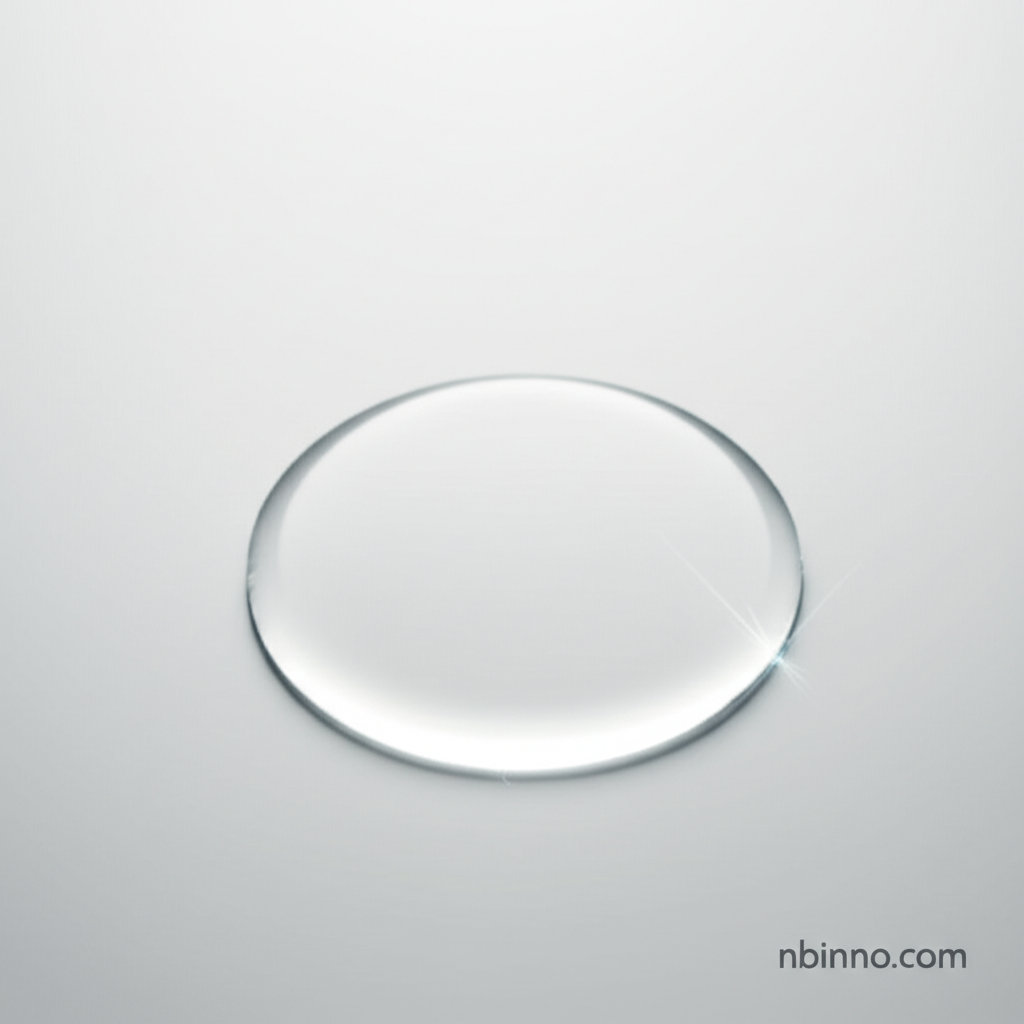Dioctyl Phthalate (DOP): Your Guide to Applications, Benefits, and Industry Uses
Explore the versatile applications and essential properties of Dioctyl Phthalate, a key plasticizer in the modern chemical industry.
Get a Quote & SampleProduct Core Value

Dioctyl Phthalate
Dioctyl Phthalate (DOP), also known as Di(2-ethylhexyl) phthalate (DEHP), is a widely utilized and cost-effective plasticizer in the rubber and plastics industry. Its key properties include high plasticizing efficiency, low volatility, UV resistance, and excellent compatibility with PVC resins. DOP enhances flexibility and durability in products like synthetic rubber, films, imitation leather, and electric wires. While a long-standing industry standard, concerns regarding its potential health and environmental impacts have led to increased scrutiny and the exploration of alternative plasticizers. This article delves into the applications, advantages, and considerations surrounding DOP.
- Discover the benefits of DOP in rubber compounds, improving elasticity and reducing permanent set, making it crucial for synthetic rubber processing.
- Learn about the uses of dioctyl phthalate in various industries, from automotive components to consumer goods, highlighting its versatility as a chemical auxiliary.
- Understand the core properties of this essential PVC plasticizer, including its efficiency, low volatility, and resistance to UV light and water extraction.
- Explore the potential environmental impact and health concerns associated with DOP, prompting a shift towards safer alternatives in manufacturing.
Advantages Brought by the Product
Cost-Effectiveness and Availability
As an economical general-purpose plasticizer, DOP provides high plasticizing efficiency, making it a cost-effective choice for a wide range of applications in the plastics and rubber industries.
Enhanced Material Properties
DOP is crucial for improving the flexibility and durability of materials like PVC and synthetic rubber. Its low volatility and UV resistance ensure product longevity and performance.
Versatile Industrial Use
This plasticizer agent is suitable for making a wide range of products, from synthetic rubber that is easier to rebound to PVC applications like plastic film and electric wire, demonstrating its versatile industrial use.
Key Applications
PVC Plasticizer
Dioctyl Phthalate is extensively used as a plasticizer for PVC resins, enhancing their flexibility and processability. This makes it ideal for products like films, imitation leather, and wire insulation, utilizing the benefits of DOP in rubber and plastics.
Synthetic Rubber Processing
In the production of synthetic rubber, DOP acts as a softening agent, making the rubber easier to rebound and less prone to shape changes under pressure, showcasing its role in synthetic rubber processing.
Solvent and Fluid Component
Beyond its primary role, DOP serves as a solvent for various chemicals, including those used in glowsticks, and can be a component in dielectric and hydraulic fluids, highlighting its diverse chemical auxiliary functions.
Coatings and Films
The plasticizer efficiency of DOP is leveraged in paper coating, vinyl flooring, and nitrocellulose lacquers, contributing to their desired physical properties and surface finish, demonstrating the advantages of DOP in various materials.
